Warning: Illegal string offset 'source_type' in /home/mychutej/public_html/blog/wp-content/plugins/egany-facebook-to-wp/egany_facebook_to_wordpress.php on line 1099
On the Global Health scene this week, there’s a think-tank discussing how to enable accessible health care services for you. A concept called Universal Health Coverage.
It’s officially most topical this week, from Kigali in Rwanda to all internet-enabled parts of Africa, the conversation was about #PuttingPeopleFirst. All roads lead to Universal Health Coverage.
For the first time, the World Health Organisation (WHO) organised an Africa Health Forum with the focus on the present and future of healthcare in Africa. The two-day meeting convened global minds to explore Africa’s healthcare priorities and challenges and to fashion new ways to achieve better health for all.
The key focal points were:
- Health financing
- Health security
- Health research, innovation and data
- Universal Health Coverage and the private sector in Africa.
Universal Health Coverage aspires to reach every member of society. Different theories are in development on how to make this work, and finance remains a pivotal need. Now, more than ever before, would Nigeria require the push for the National Health Insurance Scheme (NHIS)?
Nigeria’s NHIS is the health finance structure that enables citizens access quality and affordable healthcare by developing a comfortable finance strategy.
The possibilities of technology in this renewed battle for health access are huge. EpiAfric, in partnership with ccHUB, are exploring the link between health and technology in their recent event, tagged, “Tech meets Health.”
Related Article: Technology to Foster Universal Health Coverage, WHO Africa Considers
Also this week, the government of Malawi in partnership with the United Nation’s Children’s Fund (UNICEF) launched Africa’s first air corridor to test the use of drones for humanitarian missions.
According to UNICEF, The Humanitarian UAV Testing Corridor will facilitate testing in three main areas:
- Imagery – generating and analysing aerial images for development and during humanitarian crises, including for situation monitoring in floods and earthquakes
- Connectivity – exploring the possibility for UAVs to extend Wi-Fi or cell phone signals across difficult terrain, particularly in emergencies
- Transport – delivery of small low weight supplies such as emergency medical supplies, vaccines and samples for laboratory diagnosis, including for HIV testing.
The discussion at the WHO Africa Health Forum also stressed the role of young people in Africa in strengthening Global Health Security. This approach ensures the birth of broader ideas on adapting to a changing world.
Today, the Lagos State Government launched a novel Environment Management Policy. The Lagos State Environmental Sanitation Agency has sprung into action with LASACORPS, to take over the responsibilities of the Kick Against Indiscipline Brigade (KAI). Their primary function is to monitor and maintain environmental cleanliness across the State. We see these innovations raising the standards.
In today’s world, society has fashioned a path to allow automation and artificial intelligence drive activities in various sectors. Health, fundamental to our survival, should be the first to benefit from these innovations. What do you think?
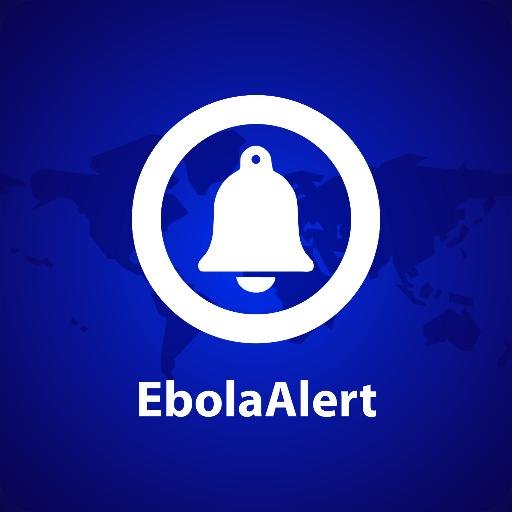

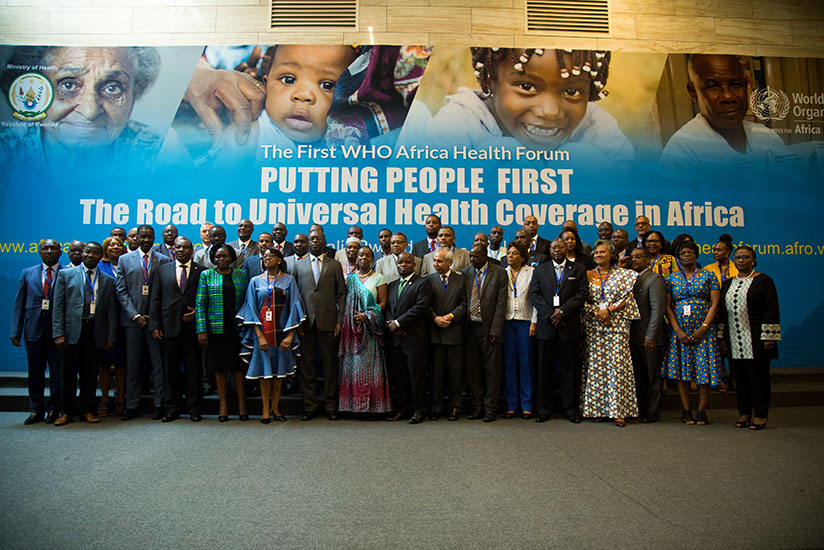
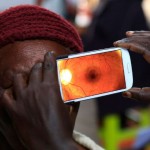
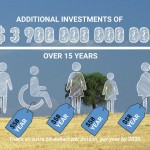

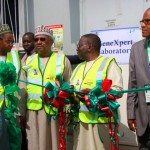







Leave a Reply